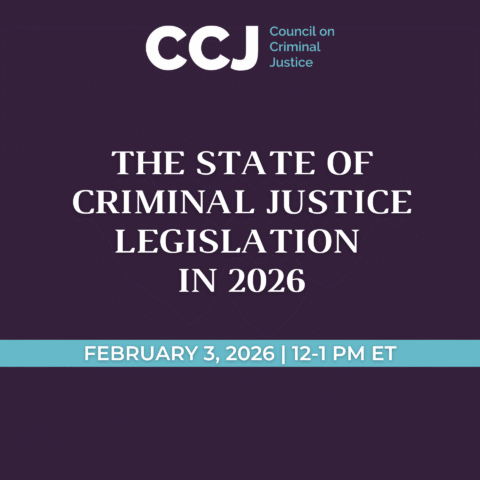Roughly 200,000 active-duty service members leave the armed forces each year. Most transition to civilian life successfully, demonstrating resilience amid a wide range of risk factors and obstacles. Others, however, struggle with mental health challenges, substance abuse, homelessness, and criminality.
Roughly one third of veterans report having been arrested and booked into jail at least once in their lives, compared to fewer than one fifth of non-veterans. According to the most recent national survey, a total of 181,500 veterans were in U.S. prisons and jails.
The reasons underlying veterans’ justice-system involvement are complex. They range from combat-related risk factors to “bad-paper” discharges that block access to Veterans Administration benefits such as mental health and substance abuse treatment. Ineffective procedures to identify veterans upon arrest, as well as inconsistent diversion mechanisms, also play a role.
This report summarizes the current state of knowledge about veterans in the civilian justice system and serves as a foundation for the Veterans Justice Commission’s work.




